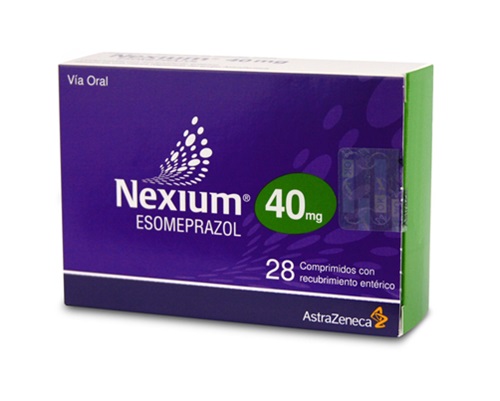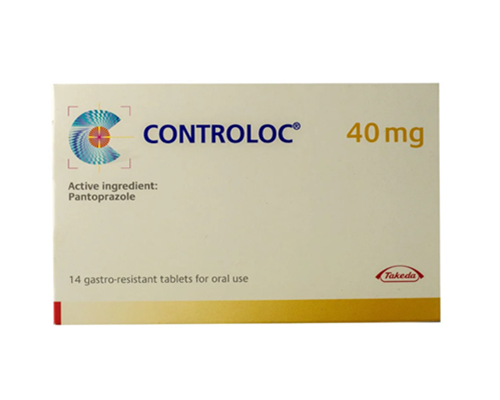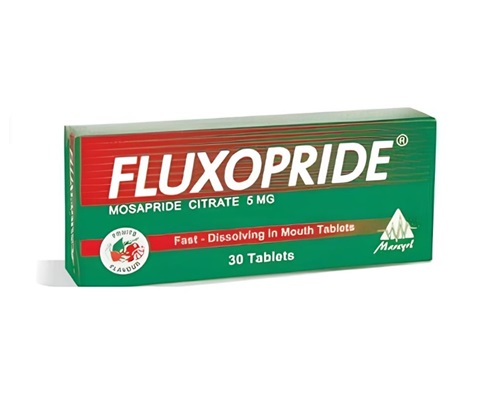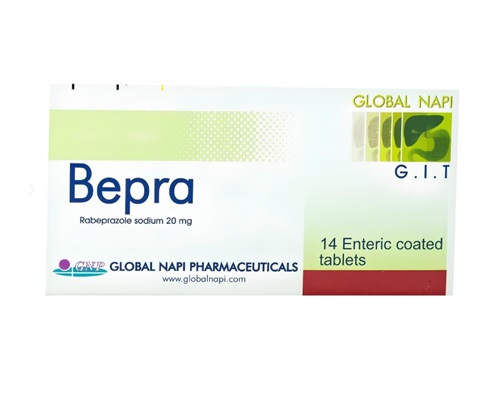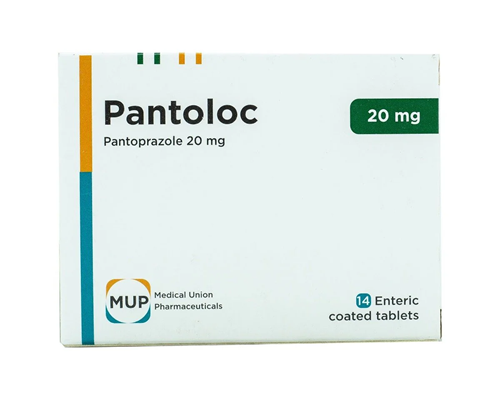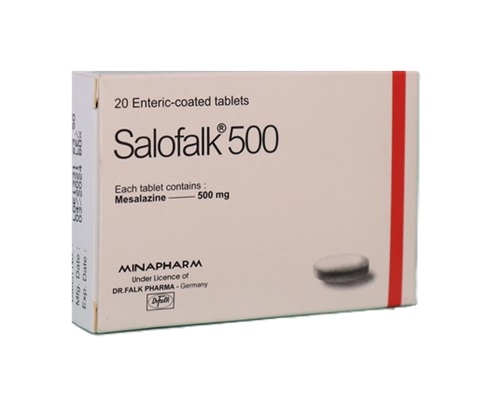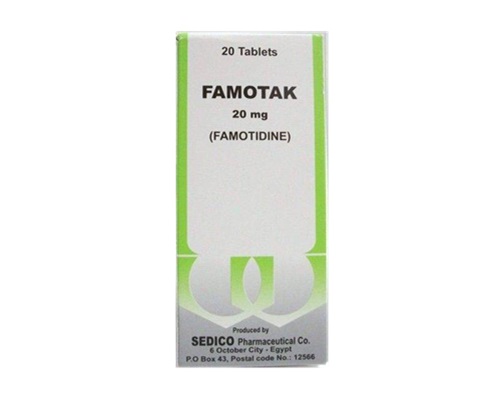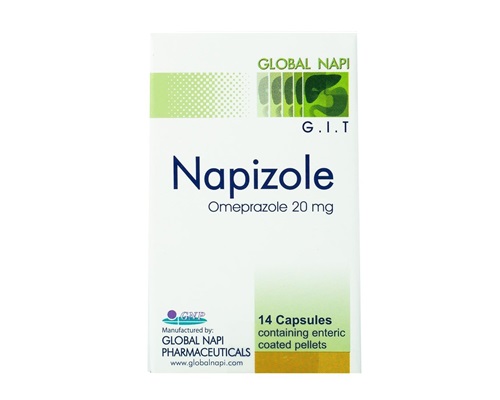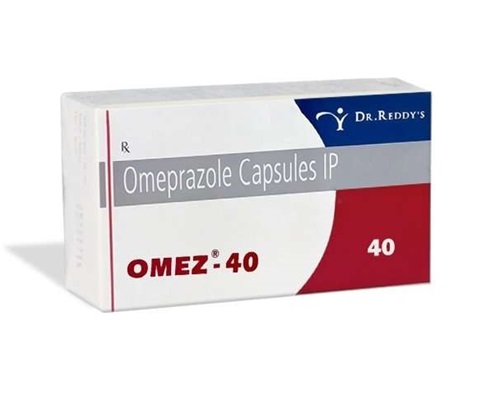Description
Trade name:
Nexium
Compound:
Each tablet contains:
Esomeprazole 40 mg.
Properties:
Esomeprazole is a proton pump inhibitor, is the S-isomer of omeprazole and reduces the secretion of gastric acid.
Indications:
Treatment of gastroesophageal reflux disease (GERD); short-term treatment (4 to 8 weeks) of erosive esophagitis, GERD symptoms (heartburn, etc.). Maintenance therapy of symptoms and healing of erosive esophagitis for no more than 6 months. Treatment of patients with Helicobacter pylori infection and duodenal ulcer. Zollinger-Ellison syndrome. Patients requiring long-term NSAID therapy – healing of gastric ulcers, prevention of gastric and duodenal ulcers associated with NSAID therapy.
Method of administration and dosage:
Adults and adolescents aged 12 years and over should swallow tablets whole with half a glass of water, with food or on an empty stomach. Gastroesophageal reflux disease (GERD) – treatment: 40 mg once a day for 4 weeks. To prevent relapse, symptomatic treatment of GERD – 20 mg once a day. Maintenance therapy: 20 mg once a day.
Adults, in combination with antibacterial drugs to destroy Helicobacter pylori, prevention of recurrence of peptic ulcer in patients with ulcer diseases: 20 mg esomeprazole with 1 g amoxicillin and 500 mg clarithromycin, 2 times a day, for 7 days. Healing of gastric ulcers associated with NSAID therapy: 20 mg once a day. Duration of treatment is 4-8 weeks. Prevention of gastric ulcer and duodenal ulcer associated with NSAID therapy: 20 mg once a day.
Zollinger-Ellison syndrome: Initial dose 40 mg twice daily. Thereafter, the dose should be titrated individually and treatment continued as long as clinically indicated. Most patients can be controlled at doses of 80-160 mg daily, in 2 divided doses.
For patients with severe hepatic impairment: the maximum dose of esomeprazole is 20 mg.
Contraindications:
Children under 12 years of age; hypersensitivity to esomeprazole or any other components of the drug; pregnancy and lactation.
Precautions:
Proton pump inhibitor (PPI) therapy may be associated with an increased risk of osteoporosis-related hip, wrist, or spine fractures with long-term, high-dose therapy.
Side effects:
Headache, dizziness, diarrhea, flatulence, abdominal pain, nausea, constipation, skin reactions (flushing, itching), burning/tingling/numbness, drowsiness, dry mouth, swelling of hands and feet, increased liver enzymes, blurred vision, depression, irritability, confusion, taste disturbance, hair loss, joint and muscle pain, excessive sweating.
Storage method:
Store at a temperature not exceeding 30 degrees, in a place protected from moisture and out of reach of children.
Package:
The cardboard box contains 4 blisters of 7 tablets each and paper instructions.

